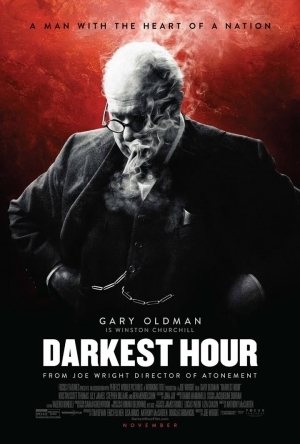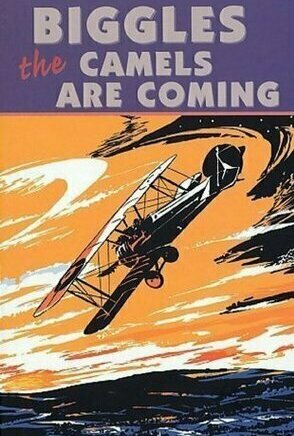
The Outlaw Josey Wales (1976)
Movie Watch
Four-time Academy Award® winner Clint Eastwood stars in and directs this fast-paced Western about...

Pure Healing (Pure Ones #1)
Book
Enter the world of Pure Ones, a race of immortal, supernaturally powerful beings who protect...
Paranormal Romance Fantasy

Chase's Calendar of Events: The Ultimate Go-to Guide for Special Days, Weeks and Months: 2018
Book
Find out what's going on any day of the year, anywhere across the globe! The world's datebook,...
Gareth von Kallenbach (980 KP) rated Darkest Hour (2017) in Movies
Jul 11, 2019
Winston Churchill is a very well know historically figure. He was known for his powerful speeches and bigger than life personality. This film takes a look at the early days of him being Prime Minister, during some of the most volatile days in the history of Europe. Not only does the story delve into the politics and struggles of Churchill to put forth his agenda in a hostile climate but also shows him at his most vulnerable. One example is after delivering his first radio address to the nation he walks home alone and to talk with and be reassured by his wife, Clementine Churchill (Kristin Scott Thomas), that his speech was good and people could hear him.
Gary Oldman is spectacular in his role as Chruchill. From the iconic speeches to the light moments with his family and personal secretary, Elizabeth Layton (Lily James), he puts forth a great performance. The supporting cast is great as well, highlighted by Mendelsohn, Scott Thomas and James. The flow of the film really worked, under direction of Joe Wright (Atonement, The Soloist, and Pan). The two hour and five minute run time felt shorter and the movie really moved along. There were some points that they showed some battle scenes, after all it is a World War II era film, which did feel like afterthoughts and didn’t really add anything to the movie. The tension of the moment was well done even without these scenes. Besides those scenes the movie was shot well and added to the overall feel of the movie.
This film will appeal to those who are fans of history, the World War II era specifically, and historical figures. It also is powerful and heartfelt. Really the performances of the cast are what really stuck with me and will be the reason that I watch it again.

Nowhere's Child: The Inspiring Story of How One Woman Survived Hitler's Breeding Camps and Found an Irish Home
Kari Rosvall and Naomi Linehan
Book
Up until the age of 64, much of Kari Rosvall's early life was shrouded in mystery. Then, one day, a...
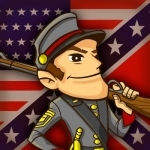
NORTH & SOUTH - The Game (Pocket Edition)
Games
App
RELIVE THE NORTH& SOUTH CULT GAME REMODELED! An absolute must for all retro fans! North & South...
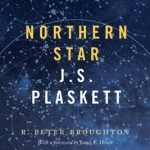
Northern Star: J.S. Plaskett
R. Peter Broughton and James E. Hesser
Book
John Stanley Plaskett was Canada's pre-eminent astronomer in the first half of the twentieth...
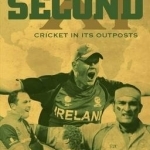
Second XI: Cricket in its Outposts
Peter Miller, Gideon Haigh, Tim Wigmore and Sahil Dutta
Book
As the world's second most popular sport, cricket is much richer and more diverse than many realise....
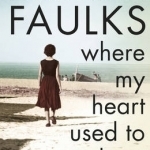
Where My Heart Used to Beat
Book
On a small island off the south coast of France, Robert Hendricks, an English doctor who has seen...
David McK (3649 KP) rated Biggles: The Camels Are Coming in Books
Jan 3, 2021
Thankfully, Amazon doesn't know (or care).
I've just re-read this for the first time in something like 30 odd years, and it's amazing how well it actually holds together all those years later.
Like 'Biggles Learns To Fly' (which I also re-read recently), this is more a collection of short stories with little in the real way of any over-arching plot: vignettes which, if the author is to be believed (and I've no reason not to) are all based on true stories that either happened to him or that he heard about during his earliest flying days in the latter stages of World War One.
While the character of Biggles may not be as popular or as well-known today as during the years in which the stories were written (the 1930 through to the 1990s), there's a reason why they have endured as long as they have ...
